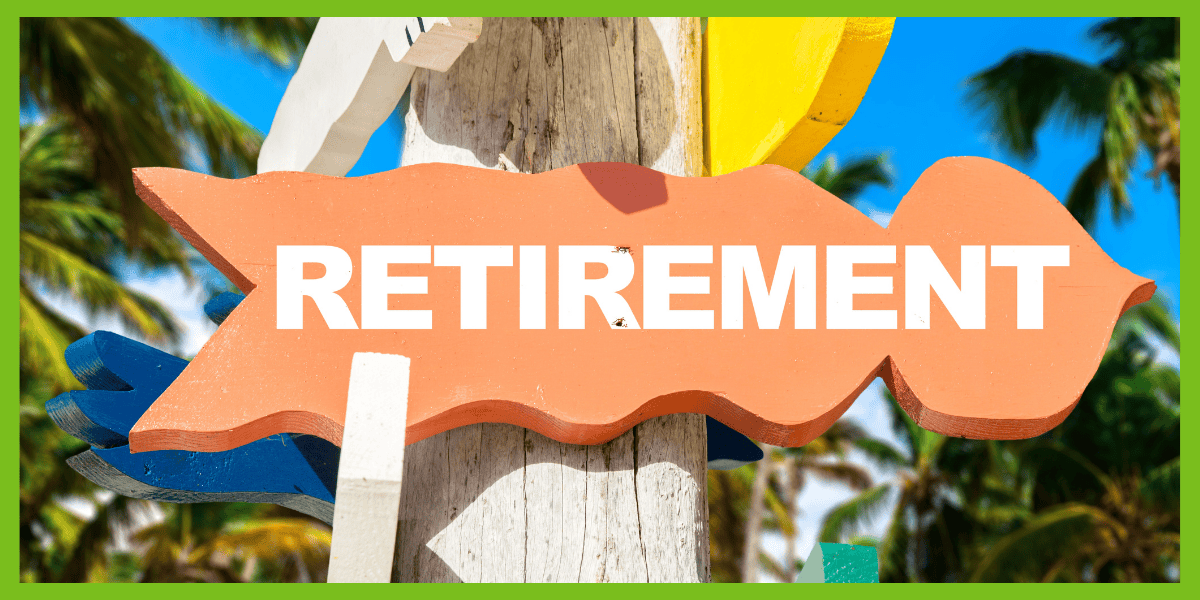This post was last updated on December 30, 2022, to reflect all updated information and best serve your needs.
Deciding when to draw social security benefits is one of the most important decisions you will make as a retiree. Careful consideration of your specific situation and goals is a must. Don’t wait until you’re eligible to make these important decisions.









